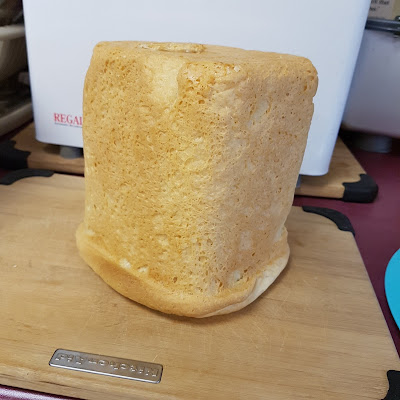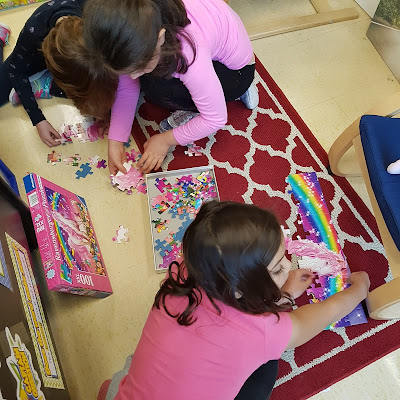Last week, I read the boys and girls the story called "Henry's Freedom Box" by Ellen Levine. I use this text to launch our study of the Civil Rights Movement as part of our Literacy Block.
When we expose children to rich, high quality texts that are based on real-world events and then ask them to write about it, something happens to their writing. In my experience, students are far more interested in stories when they know they are "true stories". This interest translates into very high quality, very passionate writing.
This text in particular is a great one for sparking all kinds of thick questions and rich discussions about respect for all of God's people and the rights and freedoms we are all entitled to.
It's also a great story for helping kids to make text-to-world connections, which can often be one of the hardest types of connections to teach as so many real-world events might not be age-appropriate. When done sensitively and sensibly, teaching children about the civil rights movement at this age can take their writing to a new level.
There are three types of connections we teach children to make while they read:
- text to self (What does this remind me of in my life?)
- text to text (Does this remind me of something else I've read)
- text to world (What does this remind me of in the real world?)
But it's not just about making connections to what we read. If we focus too much on connecting to the text, we can miss out on key content and meaningful learning because we're too "self-focused" to so speak, as a reader. If we focus too heavily on "What does this remind me of in my own life?", it's possible readers quite literally, miss the point of the text.
My hope is that with this unit of study, comes a shift in reading for my students. My goal is that they'll begin to read more as historians and think about the texts on a higher level. I'm hoping they'll ask really thick questions about the content they're reading, but also of themselves. Questions like:
- From whose perspective is this story being told?
- How do I feel about what I'm reading?
- Where do I stand on this topic?
- Who am I upset with in this story?
- What are the possible solutions to this problem?
- Did my thinking change throughout the text?
We're going to spend a lot of time on questions: asking questions about the content (e.g. Dr. King's work, segregation, slavery, etc.) and also questions of ourselves as readers. While we do this, we'll look for ways to provide evidence from the text to support our ideas and opinions. It's a lot to ask of a third-grade student, but I know they're up for the challenge.
This has always, always been a turning point in my class. My students' reading and writing always improves, but so does their sense of social justice and genuine interest in learning more about the world around them.
 |
| Some questions posed from 2017 |
Click on the link below for more information on Henry's Freedom Box. We'll spend the next four or so weeks talking and writing about the Civil Rights movement as part of our Literacy Block/Writer's Workshop.
Henry's Freedom Box
Here are some of the other books we have in our classroom library. I'll read many of these to the boys and girls in the coming weeks.






























